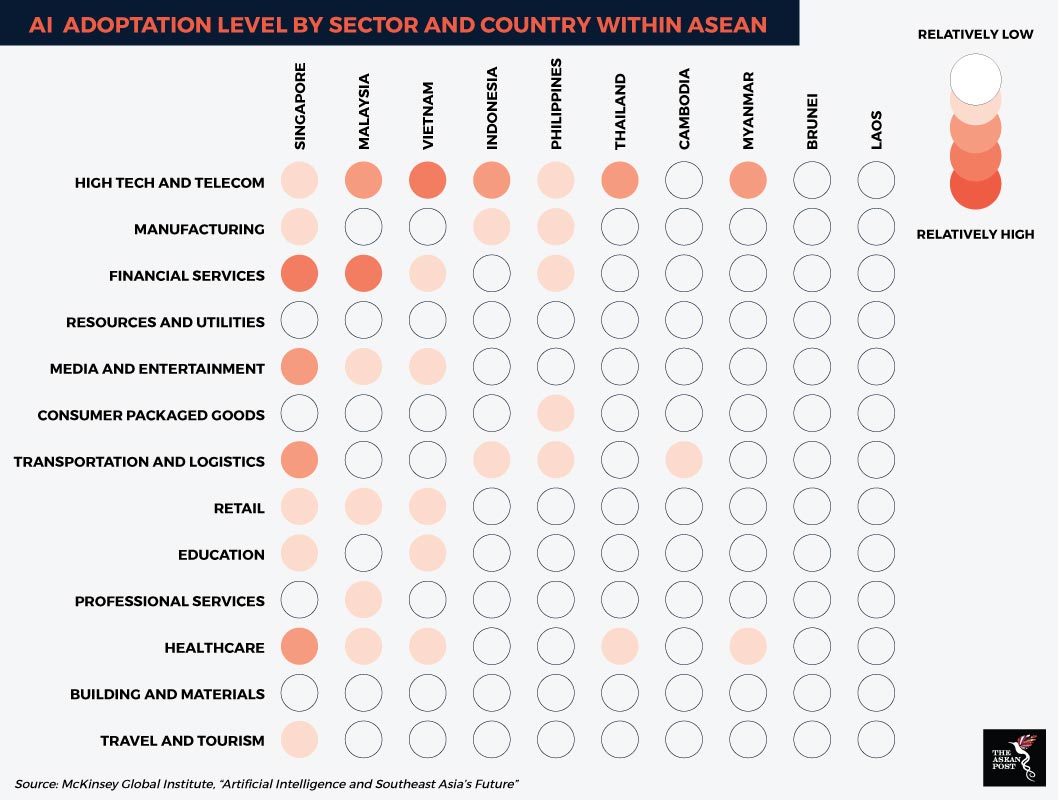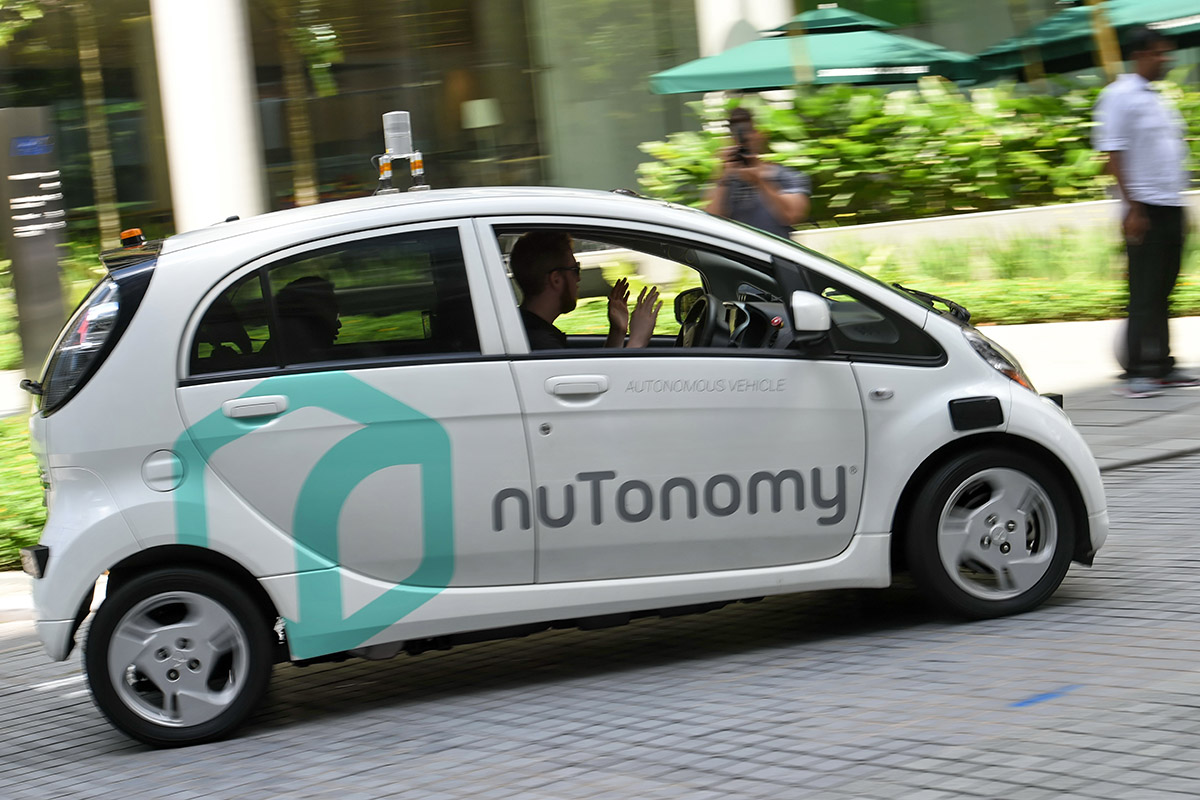Earlier this month, Bloomberg reported that an Artificial Intelligence (AI) model developed by Alibaba took the Stanford University reading and comprehension test. The machine obtained an 82.44 score, beating the best score of 82.30 set by a human for the same test previously. Alibaba claims that this is the first time a machine has edged past humans in such a test.
Alibaba’s achievement in this test indicates two things. The first is that advanced machines are being developed to carry out tasks more efficiently than humans, and secondly, Asian companies are catching up fast with the United States in the area of AI development. In a report released last year by the Mckinsey Global Institute, China is still second behind the United States in AI development but they are rapidly closing the gap. A cursory look into recent tech news will reveal that Chinese companies like Alibaba, Tencent and Baidu are spearheading the AI movement in Asia with American tech magazine The Verge (October, 2017) reporting that these companies are opening research labs all over the world. Meanwhile, PwC’s Global Artificial Intelligence Study revealed that AI could potentially contribute US$15.7 trillion to the global economy.
With the AI market growing, it is no surprise that many Southeast Asian countries are starting to get into the AI business. In the aforementioned report by Mckinsey Global Institute, it is revealed that AI could boost productivity in the ASEAN region. The report estimates that current technologies available in AI could potentially automate half of the work activities performed now in ASEAN’s four biggest economies – Indonesia, Malaysia, the Philippines and Thailand. Considering how fast technology advances these days, these numbers might just go up.

At the moment, the number of Southeast Asian companies and startups investing or integrating AI into their systems is growing. A report by Nikkei Asian Review, shows that venture capitalist investment in the region reached US$2.6 billion in 2016 and that many of these investments went to tech entrepreneurs who are developing AI technologies.
For example, Grab has been keen on introducing self-driving cars to their service. In 2016, the e-hailing app announced a partnership with nuTonomy to expand their public trial of self-driving cars in Singapore. Forbes also reported that Grab has invested millions of dollars into Drive.ai, a Silicon Valley company that specializes in deep learning-based driving software.
Companies in Southeast Asia have also started integrating IBM’s Watson into their systems. Watson is an AI system that can apparently answer questions asked in natural language and replicate a human’s ability to answer questions. It has a processing power of 80 teraflops and can access 90 servers with data storage of more than 200 million pages. The Bumrungrad International Hospital in Thailand is using IBM’s Watson in their Oncology department to process patient data, medical literature and guidelines to offer personalized treatments to its cancer patients.
As AI is a diverse field that incorporates different technologies and models, startups in ASEAN countries could integrate different types of AI into their respective businesses. For instance, Vietnamese agriculture startup, Sero, provides farmers with crop intelligence by using image recognition. Meanwhile, Ruangguru in Indonesia utilizes machine learning to personalize its education services.
As the digital economy in Southeast Asia grows, governments are taking notice and are getting involved too. Recently, the Alibaba Group partnered with state agency Malaysian Digital Economy Corporation (MDEC) and the Kuala Lumpur City Council to integrate a “City Brain” in Kuala Lumpur. City Brain is an Alibaba cloud service that uses data and AI to increase traffic efficiency in the city.
Thailand too has jumped on the digital bandwagon with its Thailand 4.0 initiative – an economic model which prioritises technology and automation to achieve a high-income status. This initiative could see the increased proliferation of AI in Thailand.
However, as wages remain low in the ASEAN region, investment in AI by companies here is still relatively low when compared to investments made by large industry players from China and the United States.
McKinsey’s report highlights that for AI implementation to grow and become beneficial to the people, governments need to intervene and focus on establishing a regional policy framework to foster AI development.
Governments in Southeast Asia should also be aware of the ethical debates currently taking place around the implementation of AI in the west. Privacy concerns remain one of the biggest issues as AI is dependent on large sets of personal data to work efficiently. A report in The Atlantic from 2015 titled “When Discrimination Is Baked Into Algorithms”, shows that there can be bias in machine learning which could result in discriminatory practices. Another area of concern is job-loss anxiety among workers as a result of AI and automation implementation.
Recommended stories:
